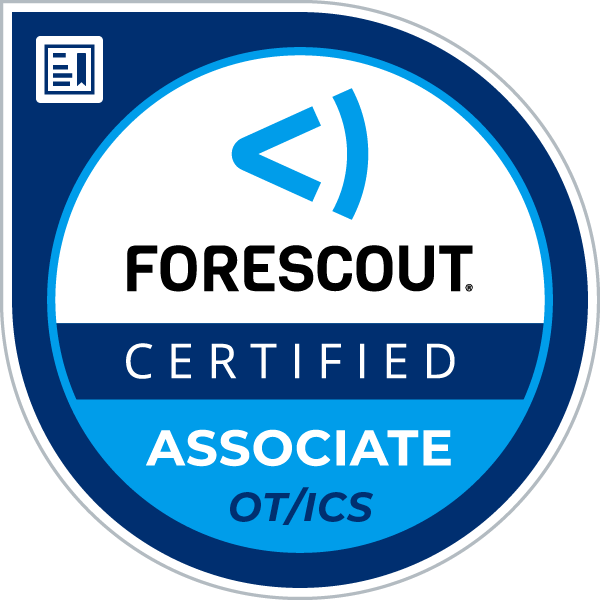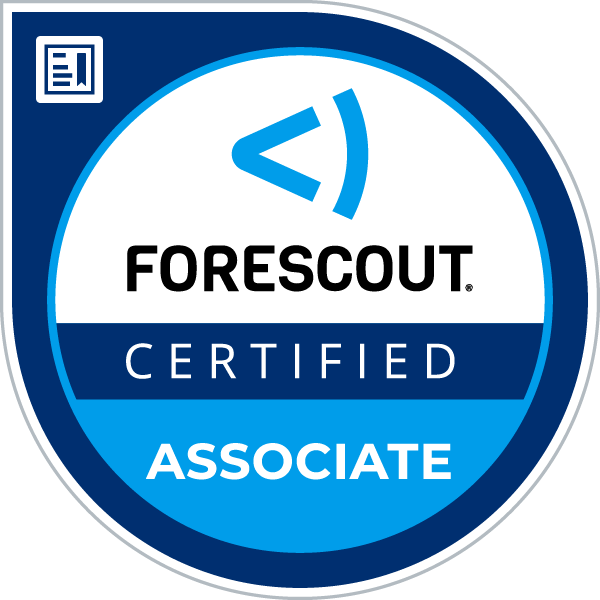
Forescout Certified Associate: OT/ICS training is a three-day course. Students learn how to configure the eyeInspect Command Center and associated Sensors using all of our available tools. Students will identify assets in a network environment and observe how the Forescout eyeInspect platform monitors and detects vulnerabilities in operational technology (OT)/production networks.








